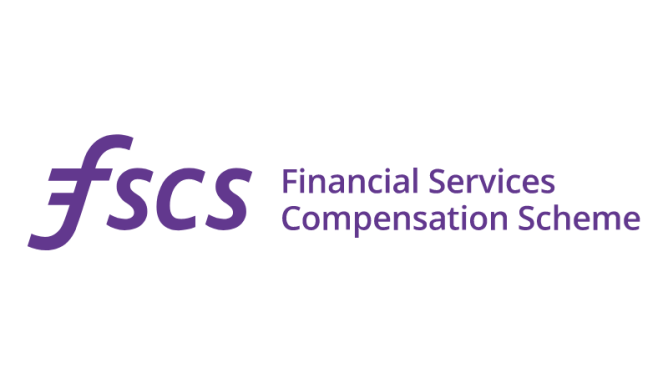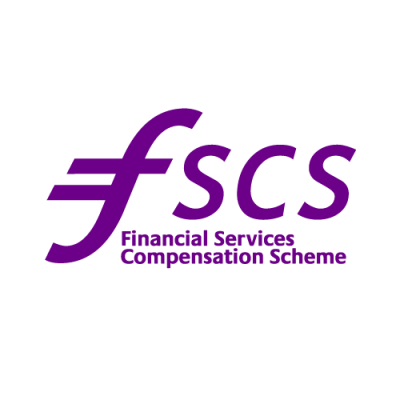About Company
- The Financial Services Compensation Scheme (FSCS) helps people get back on track by protecting them when authorized financial services firms fail.
- They are independent and cover all regulated financial services in the UK.
- Since their launch in 2001, they have come to the aid of millions of people and paid out billions in compensation.
- They have circa 250 employees.
- Industry: financial services
The Challenge
Limited Leadership Talent Pipeline
The Board of the Financial Services Compensation Scheme (FSCS) had developed an ambitious vision for the 2020s – Protecting the Future – which included senior engagement with all sectors of society, financial services, and the regulatory family. To deliver on this strategy the Scheme recognized that it needed to transform its systems, its processes, and its people. As David Blackburn, Chief People Officer, explained “We needed everyone to understand our new strategy, how they personally contributed to our success, increase employee engagement and excitement, equip leaders with the skills to drive performance, and enable more agile working in a more diverse and inclusive workplace.”
FSCS set out clear ambitions for the 2020s to respond to these challenges – continuing and new – they expected to face in their third decade. This culture shift generated the need for a proactive, flexible, and outward-looking leader, who could adapt to new ways of working and collaborate effectively with multiple stakeholders and delivery partners. However, there was a lack of confidence that the right people were available internally.
“We were making big decisions on leadership talent in a subjective way. It was clear that we needed to add more rigor to our succession management processes and to take action to change this approach” David continues. “Being an organization with a large number of data-rational people, I also knew that a more objective and factual approach would help us gain buy-in for talent management with an internal talent culture of leadership aspiration and greater accountability.”
47%
47% individuals identified in High Potential process promoted to senior leadership positions.
57%
Objective approach raised Executive Team's female representation to 57%, exceeding 50% goal.
The Solution
High-Potential Assessments and Enterprise Leadership 360 Solutions
The FSCS began working with SHL in 2014, when they started to review the behaviors needed to achieve the required culture change and built their own competency framework – My Ways of Working – around our Universal Competency Framework.
“These tools were already well embedded into the organization, so it was a natural progression to see how we could introduce objective assessment to identify our potential leaders for the future – both at executive and management level. The model of high-potential focusing on ability, aspiration, and engagement provided a simple and coherent language that we could use to share and achieve a consistent definition of high-potential within the organization. But most importantly, the High-Potential Solution went beyond identification to look at the skillsets and development areas and provided ongoing support.”
We ran an initial pilot program for 25 high performing managers, using our objective assessments to identify their levels of potential. To enable this cohort to truly develop the critical competencies for their role and for the culture shift at FSCS, we also provided targeted development to all program participants to support their ongoing on-the-job learning.
Customer Testimonial
The Results
A Candid Reality Check Driving More Focused Investment
The move from a subjective to an objective leadership talent lens provided confirmation that the succession pipeline was even less healthy than originally thought. “We came out of the process finding that only 1 out of the cohort of 25 was a genuine HIPO with the leadership potential to drive our cultural transformation. When we looked at the reports in more detail, we found that the group was very strong on managerial competencies such as planning, execution, and delivery – but had some major gaps around strategic thinking, influencing, and communications – confirming exactly why we don’t have an executive-level leadership pipeline.”
The move from a subjective to an objective leadership talent lens provided confirmation that the succession pipeline was even less healthy than originally thought.
Armed with this information, the organization was able to make more targeted decisions about how to invest their leadership development budget. “Previously, we might have sent people on an external leadership course with no visible return on investment; we can now be so much more targeted about the specific leadership competencies we need to develop in each individual and build this into their day-to-day work. The assessment data has been so valuable to get managers to put personal development and growth at the center of conversations with their people. Previously, one-to-ones were all focused around tasks, now conversations are much richer, and individuals are more in control of their own development.”
Following the initial pilot, the FSCS opted to use the High Potential assessment approach for developing and maintaining their leadership pipeline and in 2018 assessed a further cohort of managers.
They are now seeing positive results from their investments:
- Almost half (47%) of the individuals identified from the High Potential development process have been promoted to senior leadership positions.
- To date, two of the individuals have been promoted to the FSCS Executive Team and now one is a member of the Board of Directors of FSCS. A further six of the High Potential Cohort have been promoted to become members of the FSCS Senior Leadership Team, who report to the Executive team.
- This objective approach has also helped increase female representation in the Executive Team to 57%, exceeding the 50% target they originally set to achieve by 2022.
The FSCS are continuing their journey in developing their leaders to be able to fulfill their ambitions for the 2020s. Over the past year, they have deployed and implemented a 360-degree development program, across the whole management population. This was designed in partnership with SHL to measure both a leader’s performance and potential to develop Enterprise Leadership behaviors – a further step to develop a future-focused, agile, and outward-looking leader.
Explore SHL’s Wide Range of Solutions
With our platform of pre-configured talent acquisition and talent management solutions, maximize the potential of your company’s greatest asset—your people.









